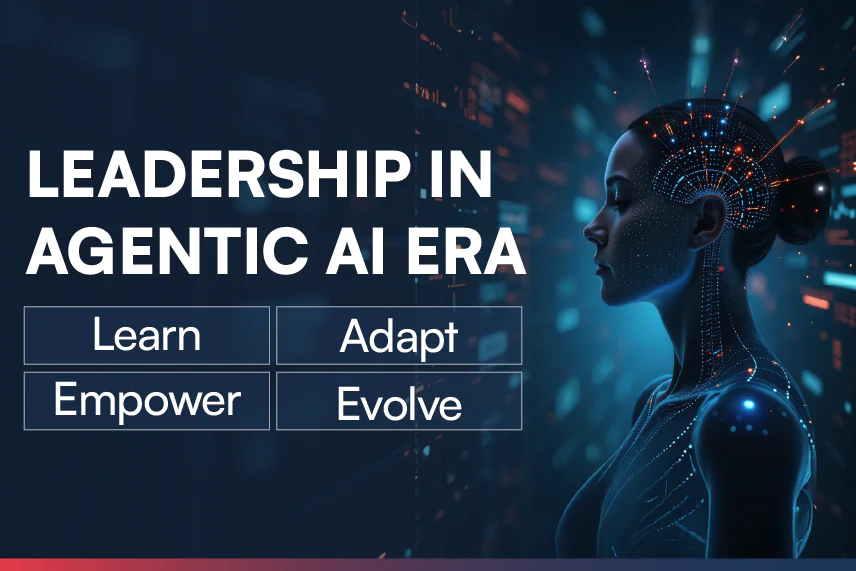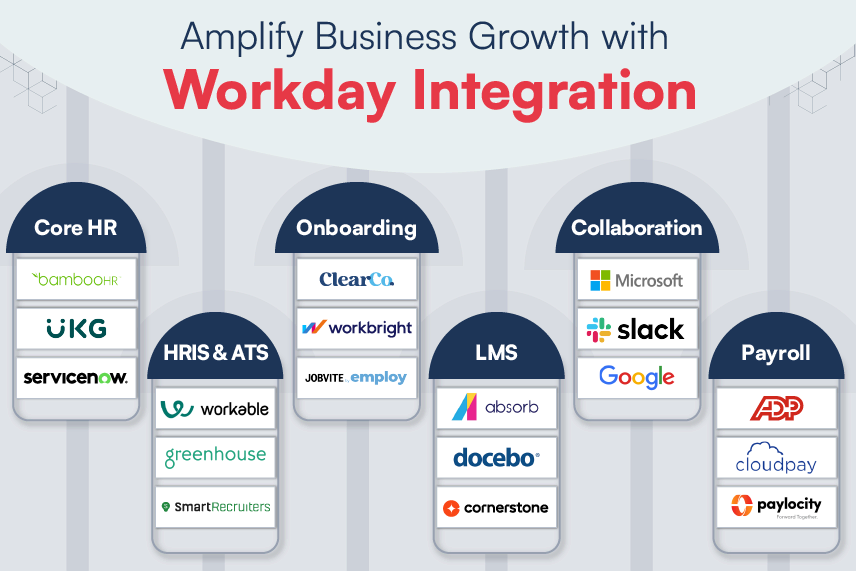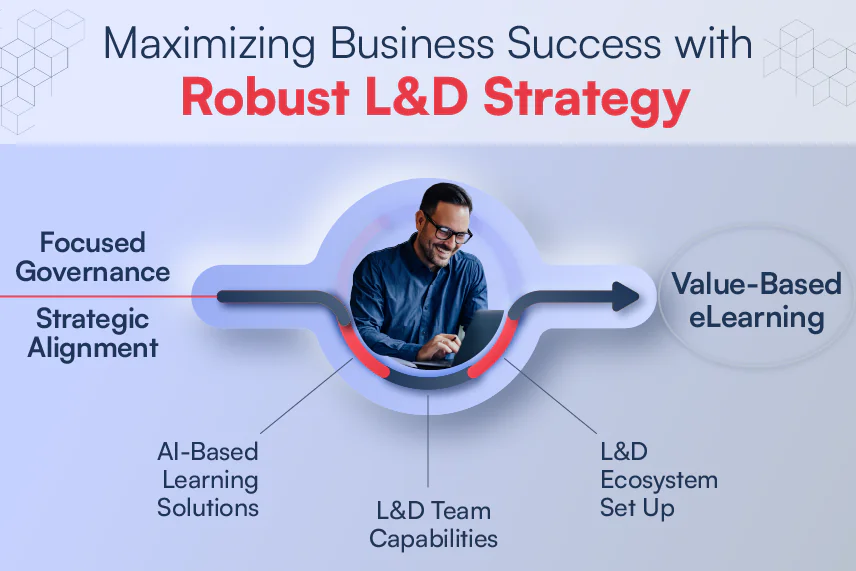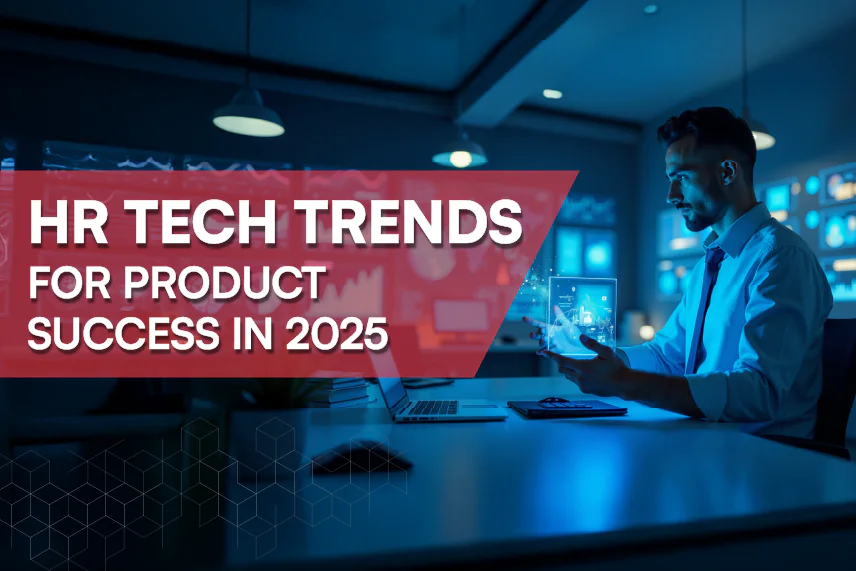
Mental health is important at every stage of life. Right from childhood to adulthood, it is essential to address even the slightest sign that signals toward mental illness. As common as heart disease, diabetes, or cancer, people often don’t want to seek help by giving into social stigma. However, it is essential to remove misconceptions by creating awareness and doing away with the negative labels. Also, it is time to understand that early identification can lead to early treatment and appropriate interventions, followed by the right care.
As per the American Psychiatric Association, in a given year:
⦁ Around one in five (19 percent) U.S adults experience some kind of mental illness.
⦁ One in 24 people (4.1 percent) suffer serious mental illness.
While the story that the above data tells may be alarming, what is important is to understand that mental illness is treatable.
But the million-dollar question is – are there enough resources to help you deal with this problem effectively? Are we out of the social stigma that holds majority of people from being vocal about the way they feel?
And the answer is a resounding no.
Limited options, long waits, lack of professionals with the right acumen and several other factors make the fight against mental illness extremely daunting for most of the cohort facing these challenges.
Fortunately, technology can play effective in addressing mental health issues. Leveraging AI (Artificial Intelligence) or a deep tech approach for early detection of issues such as depression, mood disorders and more can get the patient the right care.
Harbinger Systems recently hosted a Power Hour session focusing on this important aspect of healthcare. The panelists included Kavi Misri, Founder & CEO Rose Health, Charles Epstein, President BackBone Inc, & Konstantin von Vietinghoff, Founder & CEO, CCS International. Each of these experts brought extensive experience of working towards providing comprehensive, integrated and responsive mental health services. The evolving software and technology best suited for preventive and curative mental health was also a critical part of the discussion.
The trio explicitly spoke about the current Mental Health ecosystem and how technology can play vital in building a concrete solution. The discussion was hosted by Prashant Khambekar (SVP, Harbinger Group).
Does mental health get the attention it should get?
Mental health when not given the care and attention it requires can turn ugly. Most suicides are a result of psychiatric diseases such as depression, anxiety, substance abuse and more. Today we stand at crossroads where not only adults, but children and adolescents are experiencing a range of mental illnesses.
But is mental health getting the attention it should?
Charles Epstein, President BackBone Inc, had clear views on this particular aspect. He mentioned that metal health is getting more attention than it used to, but not as much as it is supposed to. He further said the pandemic has been a blessing in disguise (well it has spiked anxiety, depression, and a range of counterproductive behavior). But it ended up pulling the spotlight on the issue. In the context of organizations, the pandemic has been a great leveler as it affects everyone at different levels. This situation has persuaded the senior leadership to take more active steps to combat these issues to make sure these are no impediments to productivity.
Even though there are more people and public forums talking about mental wellness, we still fall short of the right ecosystem, infrastructure, and professionally qualified experts to help deal with this matter.
Technology on the forefront of combating mental illness
Treating mental illness is not just about prescriptions. Dealing with mental illness requires walking that extra mile.
This is where intelligent application of technology can make a difference. Intelligent algorithms, use of natural language processing, and AI have been exceptional contributors in engineering solutions to address mental illness.
Sticking to the basics, early detection of signs and symptoms of mental illness and the opportunity to connect with someone with the potential to extend help can be life changing. This is exactly how technology can help.
On this context, Kavi Misri the CEO & Founder of Rose Health spoke how his organization used intelligent algorithms and AI, to help users as well as the professional community like medical professionals, therapists, counsellors. He also expressed how these instruments proved helpful in early diagnosis and identification of mental health issues.
On the tech front we had all three panelists give us their valuable input on the subject.
Our panelists also answered questions from the audience and made the power hour more powerful.
So, are you interested in getting to the depth of the mental illness and understanding how technology can be a game changer?
Watch this Power Hour recording available on demand.







